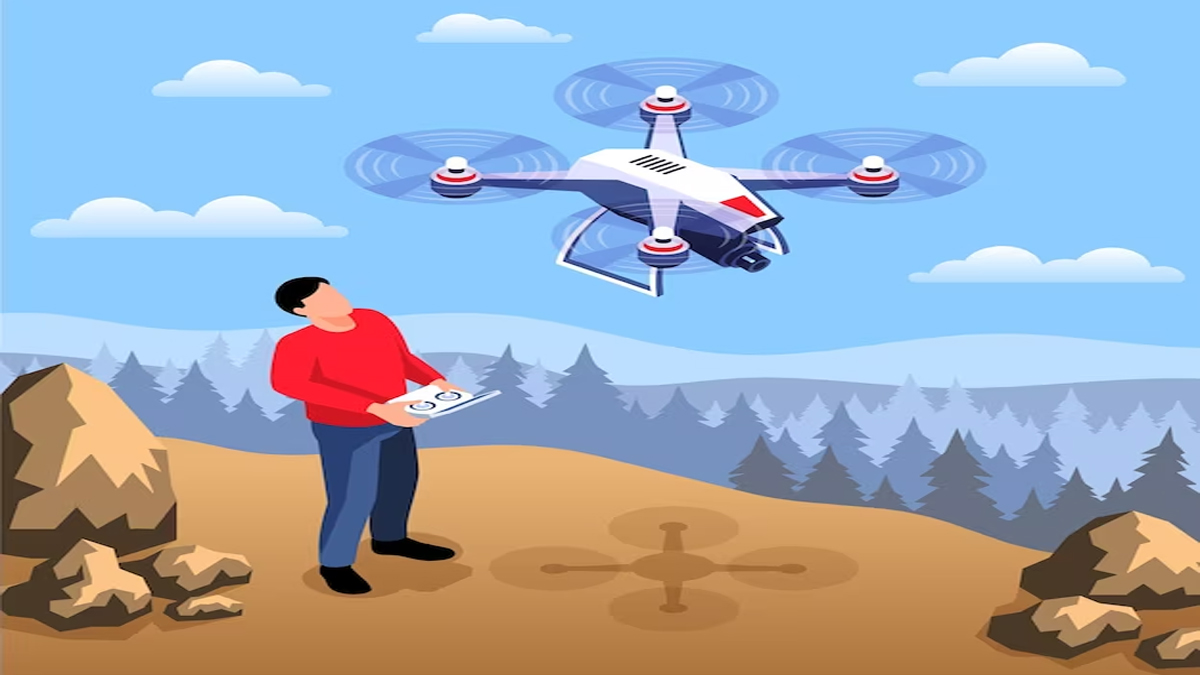Here is an in-depth explanation of the key legal considerations:
- Regulatory Frameworks:
Autonomous delivery robots and drones are subject to regulatory frameworks established by governmental authorities. These frameworks may include laws, rules, and regulations that govern the operation, safety, and use of unmanned systems. The regulations may cover various aspects such as flight restrictions, certification requirements, licensing, and operational guidelines. - Airspace Regulations:
Unmanned aerial vehicles (UAVs) and drones operate in shared airspace, which requires adherence to specific regulations. Authorities establish rules regarding flight altitudes, airspace classifications, and the integration of drones into existing manned aircraft operations. These regulations aim to ensure safe and efficient airspace management, minimize collision risks, and protect public safety. - Flight Restrictions:
Autonomous delivery robots and drones may face certain operational restrictions. For example, there may be limitations on flight altitude, distance from airports or heliports, flight over congested areas, and restrictions on flying near sensitive installations or critical infrastructure. Compliance with these restrictions is essential to prevent airspace violations and potential hazards. - Safety Standards:
Autonomous delivery robots and drones must adhere to safety standards to mitigate risks and prevent accidents. Safety standards may cover various aspects such as design requirements, maintenance protocols, system reliability, emergency procedures, and fail-safe mechanisms. Compliance with these standards may involve testing, certification, and ongoing safety inspections. - Privacy and Data Protection:
Autonomous systems, including drones, often collect and process personal data during their operations. Privacy laws and regulations govern the collection, storage, use, and sharing of such data. Compliance may require obtaining consent from individuals, implementing security measures to protect data, and ensuring transparency in data practices. Additionally, privacy concerns related to surveillance and recording capabilities of drones should be addressed. - Liability and Insurance:
Determining liability in the event of accidents or damages caused by autonomous delivery robots and drones can be complex. Liability may depend on factors such as system malfunctions, operator negligence, compliance with regulations, and adherence to industry standards. Companies operating these technologies should consider appropriate insurance coverage and assess their liability exposure to mitigate potential risks. - Intellectual Property:
Autonomous delivery robots and drones often incorporate innovative technologies and software. Protecting intellectual property rights, such as patents, trademarks, and copyrights, is crucial for companies involved in the development and deployment of these technologies. It is important to safeguard proprietary information, trade secrets, and software components, and comply with intellectual property laws. - Public Perception and Acceptance:
Autonomous delivery robots and drones operate in public spaces, which can raise concerns and public perception issues. Engaging with the community, addressing privacy concerns, ensuring transparency, and demonstrating the benefits of these technologies can help foster public acceptance and minimize legal and regulatory challenges. - International Considerations:
Autonomous delivery robots and drones may operate across international borders, requiring compliance with both domestic and international regulations. Harmonization efforts are underway to establish consistent global standards for drone operations. Companies must consider and comply with the specific legal requirements of each country or region in which they operate.
It is important to note that the legal considerations for autonomous delivery robots and drones can vary significantly across jurisdictions and may evolve as technology advances. Staying informed about local regulations, engaging with legal experts, and collaborating with industry associations can help ensure compliance and responsible operation of these technologies.
